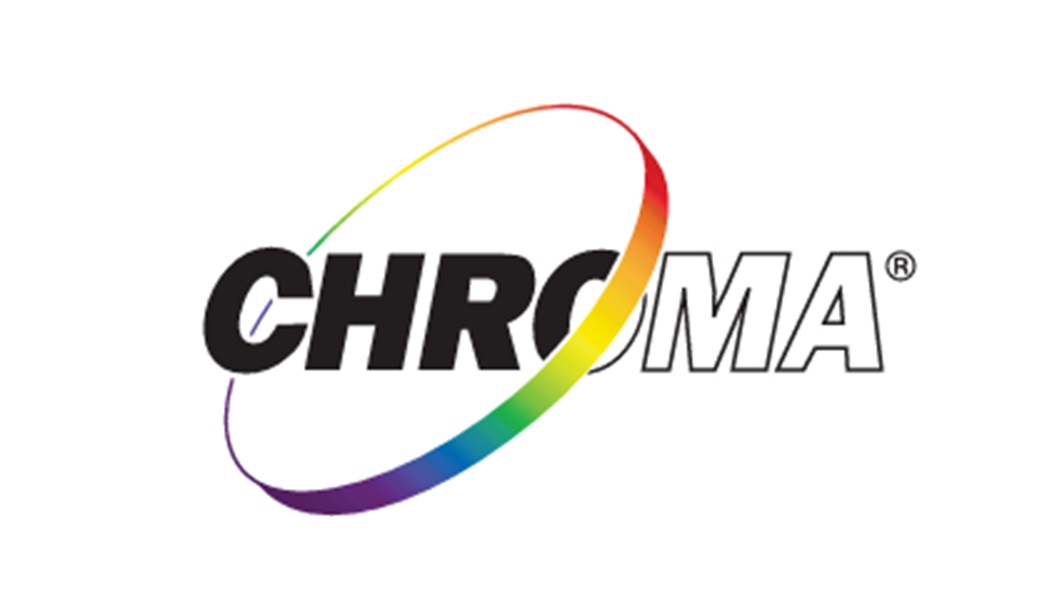Product information "Optical Filters for Fluorescence Microscopy"
Fluorescence microscopy requires optical filters that have demanding spectral and physical characteristics. These performance requirements can vary greatly depending on the specific type of microscope and the specific application. Although they are relatively minor components of a complete microscope system, optimally designed filters can produce quite dramatic benefits.
Chroma Technology specializes in the design and manufacture of optical filters and coatings for applications that require extreme precision in color separation, optical quality, and signal purity – applications like low-light-level fluorescence microscopy. Chroma Technology’s portfolio comprises single bandpass and single edge filters, multi bandpass and multi band dichroic beamsplitters, complete filter sets for single band, longpass, shortpass and multi band as well as filter accessories.
The primary goal of filter design for fluorescence microscopy is to create filter sets that maximize image contrast and maintain image quality. The downloadable “handbook of optical filters for fluorescence microscopy” shows how fluorescence filters play a role in the growing number of applications that are taking advantage of new technologies, such as lasers for both illumination and sample manipulation, digital image processing, computer-assisted positioning and controls, and ultra-sensitive detection devices.
Get in touch with the AMS Technologies optical filter experts today to find out which Chroma Technology filters for fluorescence applications can meet the demands and challenges of your project.
Key Features:
- Extremely Durable
- High-throughput Sputter-coated Filters
- Very Broad Range of Filters for the Multitude of Fluorochromes Used in Epi-fluorescence Microscopy
- Dichroic Beamsplitters With Various Spectral Profiles Available
- Customized Filter Sets Available on Request
- Transmission Level: up to 97%
Applications: Ratiometry; FRET (Fluorescence Resonance Energy Transfer); TIRF (Total Internal Reflection Fluorescence); Raman Spectroscopy; Confocal Spectroscopy; Qdots (Quantum Dots); Flow


